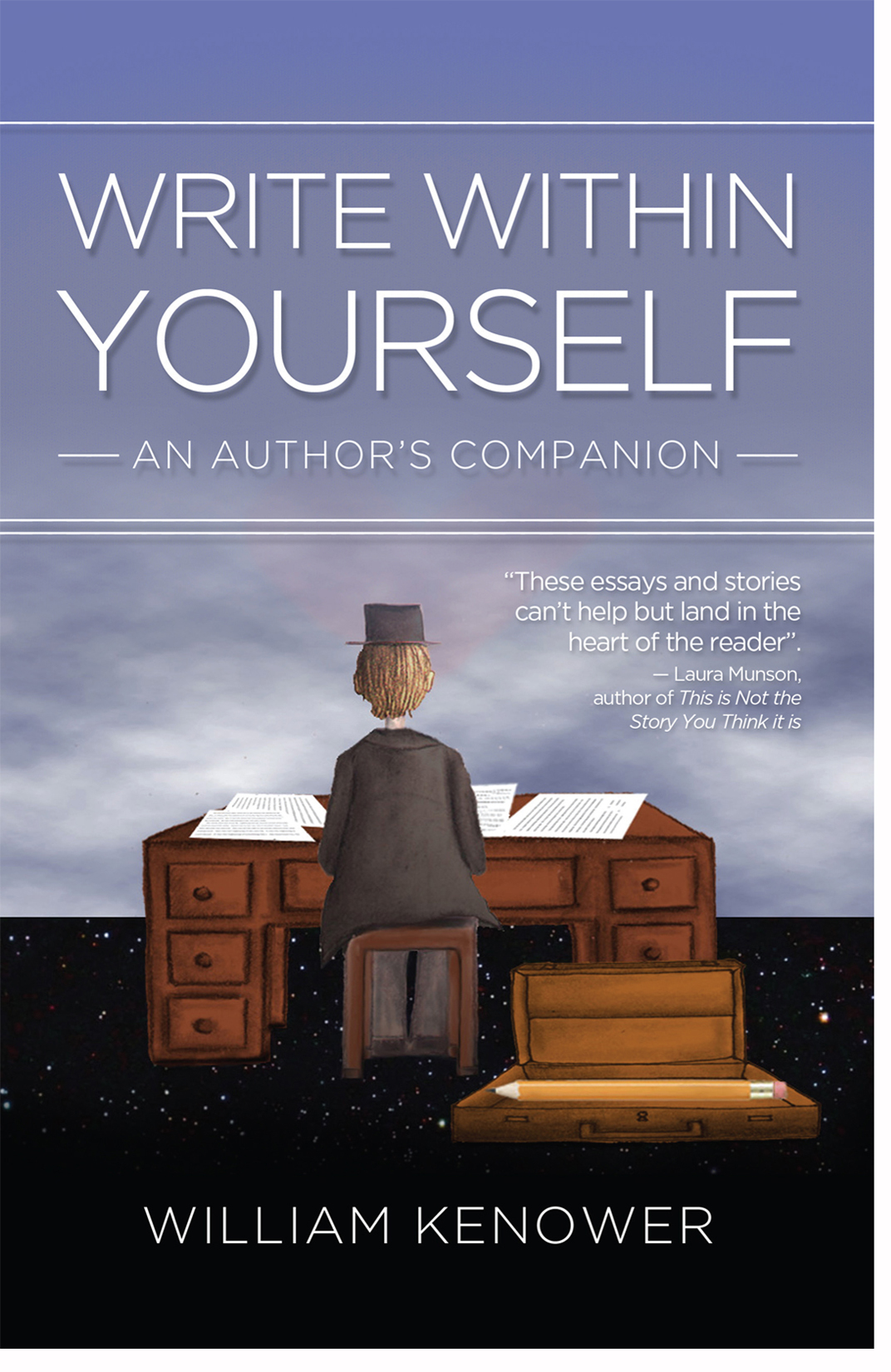Awareness
I have written from time to time here about the three narrative arcs in every story: the physical arc (everything that happens in the story); the emotional arc (the characters’ desires and motivations); and the intentional arc (the driving purpose behind the story). As I have said, the physical is the least important arc and the intentional is the most important, even though we are far more aware of the physical than the intentional. These arcs in many ways mirror the levels of human experience. First there is the physical level: in order to tell a story our fingers must type or hold a pen, or our voice must speak. It is impossible, therefore, to share our stories with other human beings without employing our physical selves in some way.
And yet our fingers or our voice do not tell a story. They are merely tools to translate what we see and feel within us. This is the second level of the human experience: the attentive level. In order to tell a story you must turn the light beam of your attention to the story you want to tell. The longer you leave your attention on the story, the clearer it becomes, and the easier it is to translate into something that exists outside of you. And so we see that our attention is far more of who we are than our bodies.
And yet our attention is not really who we are. Because every writer knows he can sit at his laptop and instead of focusing the light beam of his attention on the story he wishes to tell, he might focus his attention on the stories he has not sold, or on what he believes an editor would buy. Our attention loves thoughts, and within its powerful light those thoughts grow. But we are not those thoughts or that attention. We are the awareness of our thoughts and our attention. We are that which decides the thoughts we will focus our powerful attention upon.
Of our three selves the most vulnerable is the physical, exposed as it is to all the thorns and hard edges of the world. So too our attention, which can light upon some cancerous idea, growing it steadily and unconsciously in its effort to eliminate it. But our awareness remains beyond the reach of pain. Our awareness, in fact, is what heals our pain – sometimes with a salve, sometimes by redirecting our attention, and sometimes simply by reminding us of who we are.
 Write Within Yourself: An Author's Companion.
"A book to keep nearby whenever your writer's spirit needs feeding." Deb Caletti.
Write Within Yourself: An Author's Companion.
"A book to keep nearby whenever your writer's spirit needs feeding." Deb Caletti.
Remember to catch Bill every Tuesday at 2:00 PM PST/5:00 EST on his live Blogtalk Radio program Author2Author!
You can find Bill at: williamkenower.com

